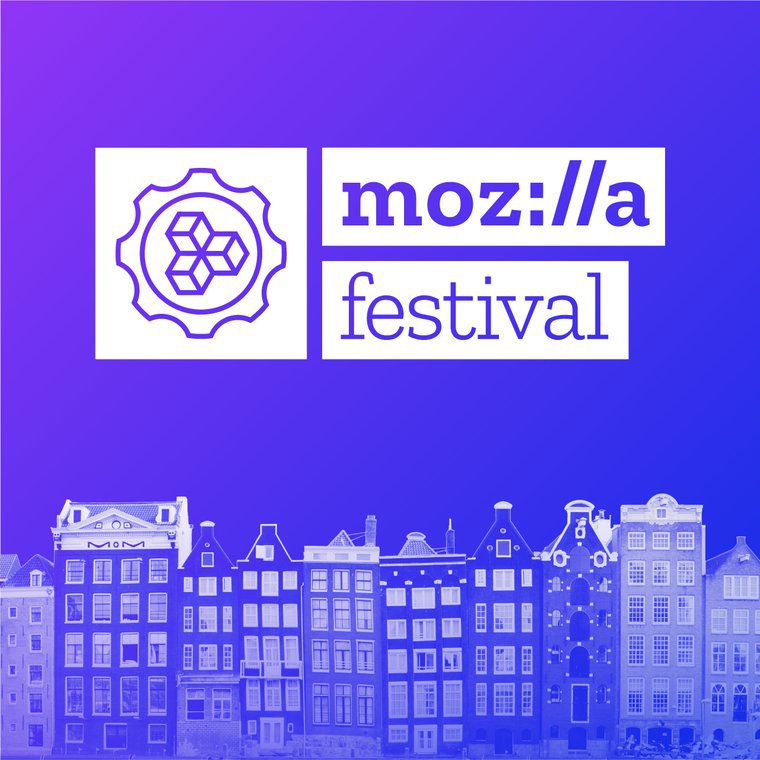The Mozilla Festival story began more than ten years ago in Barcelona, Spain, at a gathering then called the Drumbeat Festival. It was a convening of 200 leaders making radical disruptions in learning and in web technology with the shared sense that the festival was something special.
Ten years later, we’re headed to Amsterdam and are more committed than ever to bring radical disruptions where change is due, especially when it comes to digital equity and inclusion. This month, we’ll be diving deep into what each of these terms mean and how the festival and our community can apply these to our work. As a start, Sarah Allen, festival director stated in her recent blog post:
“This is a time of change and opportunity for MozFest and the events landscape. This is the opportunity and the call to action to give more of our platform to people of colour and their experiences, find modes of practices to allow parents to feel supported to participate, support and invest in platforms that allow for our community with lower bandwidth to participate successfully, and check and strengthen our role in an anti-racist society.”
Sarah Allen, Festival Director
With an eye of hope towards the future, we want to remember the past and the experiences that have directed our path to get to this point. We want to listen, learn, and collaborate with you to make digital equity and inclusion the norm, not the exception.
We encourage you to read inspiring stories from the community, and submit your own story for the opportunity for it to be shared on MozFest’s twitter, blog, or newsletter.
Below, you’ll also find a snapshot of the digital equity and inclusion work happening around the community that you can explore and use in your own work as you build the next chapter of your story.
Let’s build a healthier internet together, one person and story at a time.
Inspiring work is happening around the world to raise up underrepresented and marginalised communities online. We’ve compiled a few resources that inspire us to take action and cause radical disruptions in current systemic norms.
Explore Algorithms for the People, a blog that accompanies Brown University's CS 2950v course which surveys, critiques and addresses the ways in which computer science & technology affect marginalized communities.
Address Power Dynamics & Implement Inclusion in Virtual Meetings with this helpful guide, written by Evelyn from Aspiration Tech. It features dozens of tips and learnings to immediately implement into your virtual work.
Implement Digital Inclusion in Virtual Meetings
Connect with feminist researchers and thinkers from around the world using the <A+ Global Directory> for AI, Democracy & Women’s Rights from <A+ Alliance>. The directory offers a snapshot of an individual's work and provides easy ways to connect.
Make Connections with the <A+ Global Directory>
Help diversify voice technology. You can donate your voice to Common Voice, Mozilla's initiative to help teach machines how real people speak. In a similar vein, Mozilla Fellows Dr. Josh Meyer and Remy Muhire are supporting speech technology development for local languages in East Africa, beginning with Kinyarwanda (a widely-spoken Bantu language in Rwanda).
Want more digital inclusion resources? Visit Mozilla Pulse, where the internet health community shares stories, opportunities, and collaborative projects online. Don’t forget to upload your own work on Mozilla Pulse to share with our community!
MozFest is part art, tech and society convening, part maker festival, and the premiere gathering for activists in diverse global movements fighting for a more humane digital world. To learn more, visit www.mozillafestival.org.
Sign up for the MozFest newsletter here to stay up to date on the latest festival and internet health movement news.




